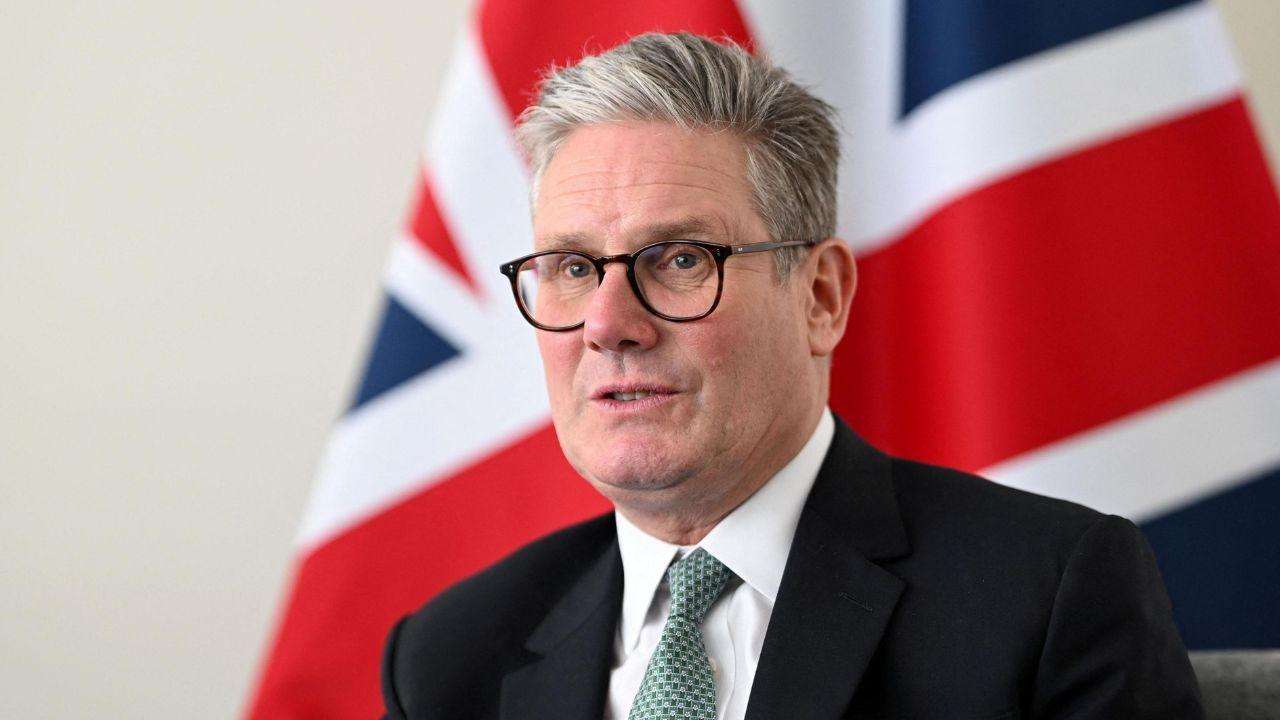Prime Minister Sir Keir Starmer is preparing to announce the end of the globalisation era, acknowledging that it has not delivered for the public, particularly in light of former U.S. President Donald Trump’s decision to impose widespread international trade tariffs—including a 10% duty on British exports.
In a speech scheduled for Monday, Starmer will argue that the disruptive impact of Trump’s trade war demands a faster, more decisive UK response, with a focus on cutting bureaucracy and driving economic growth. In an article published on Sunday, he noted that “the world as we knew it has gone” and stressed the need for Britain to step up to the challenge.
As part of a series of initiatives to boost the economy, Chancellor Rachel Reeves is expected to unveil measures this week that will ease restrictions on electric vehicle manufacturers and push forward Labour’s industrial strategy.
According to a Downing Street official quoted in The Sunday Times, although the government disagrees with Trump’s actions, it recognizes why they resonate with many. “Globalisation is over, and we’re entering a new chapter,” the official said. “We need to prove that a more proactive and reform-oriented Labour government can meet the needs of people across the UK.”
Starmer is also expected to reach out to Trump, acknowledging the appeal of the “America First” approach in the wake of public frustration over global free trade and large-scale immigration. Despite the tariffs imposed by the U.S., the UK does not plan to retaliate, instead maintaining its current course.
Chancellor Reeves is also expected to travel to India soon to accelerate progress on a trade agreement, while the government works on securing a deal with Australia. In response to the new tariffs, Starmer has pledged to do everything necessary to protect the UK's national interest, stating that ministers are prepared to use industrial policy tools to help shield British businesses.
The impact of Trump’s tariffs is already being felt, with companies like Jaguar Land Rover halting shipments to the U.S. due to the challenges in adjusting to the new rules. In response, Starmer emphasized the need for a “new mentality” to meet these changing times and promised to intensify efforts to strengthen the UK’s competitiveness.
Writing in The Sunday Telegraph, the prime minister called for a calm and strategic approach to the crisis, stating that the immediate priority is to secure the best possible outcome for the UK. He also made clear the government’s readiness to support British businesses through proactive industrial policy.
Chief Secretary to the Treasury Darren Jones confirmed that new plans will be announced this week to revitalise British industry, adding that Starmer believes globalisation has failed in the current climate and that the UK must take bolder steps to support its economy.
Meanwhile, the FTSE 100 suffered its steepest drop since the onset of the COVID-19 pandemic, with banking stocks among the hardest hit.
Starmer has spent the weekend in discussions with world leaders, including French President Emmanuel Macron, expressing his concerns about the broader economic and security implications of Trump’s trade measures. While the UK is facing a flat 10% tariff, some countries will be hit with significantly higher rates—Vietnamese imports will be subject to a 46% tariff, while Cambodian goods will face a 49% rate. Imports from France and other EU nations will see a 20% tariff applied.
Trump, meanwhile, took to his TruthSocial platform to defend his policies, stating: “We are bringing back jobs and businesses like never before. Already, more than FIVE TRILLION DOLLARS OF INVESTMENT, and rising fast! THIS IS AN ECONOMIC REVOLUTION, AND WE WILL WIN. HANG TOUGH, it won’t be easy, but the end result will be historic.”








.svg)


